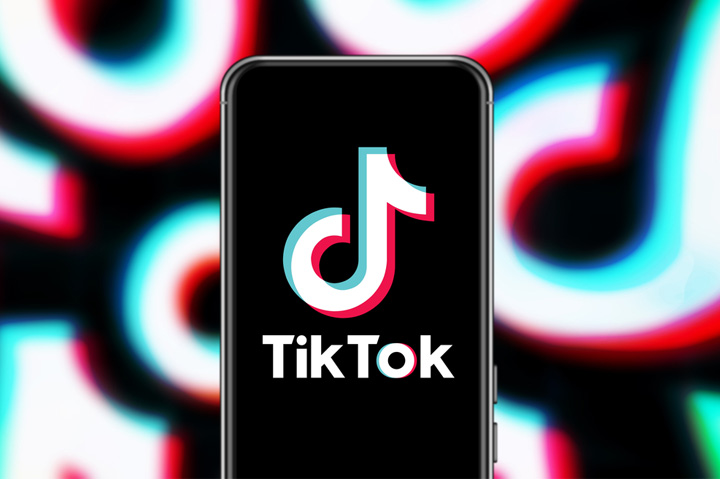December 13, 2022
Congress Considers Legislation That Would Ban TikTok
The proposal has implications for marketers and influencers in promo and other industries. It comes amid national security concerns with the short-form video-sharing social media platform.
Marketers and influencers in the promotional products industry and beyond will have to make do without TikTok in their bag of tools if newly introduced bipartisan legislation in Congress becomes law.
On Dec. 13, Sen. Marco Rubio, a Republican from Florida, introduced legislation to ban TikTok from operating in the United States. U.S. Rep. Mike Gallagher, a Wisconsin Republican, and Rep. Raja Krishnamoorthi, an Illinois Democrat, have introduced companion legislation in the House of Representatives.

Why? Because the legislators believe the wildly popular social media platform for hosting short-form videos represents a threat to national security.
The legislators asserted that TikTok’s China-based parent company, ByteDance, is required to make the app’s data available to the ruling Chinese Communist Party. They said TikTok is being used to spy on Americans and otherwise enabling Beijing to have a shadow influence on American society.
Formally known as the Averting the National Threat of Internet Surveillance, Oppressive Censorship and Influence, and Algorithmic Learning by the Chinese Communist Party Act (ANTI-SOCIAL CCP Act), the legislation would block and prohibit all transactions from any social media company in, or under the influence of, China, Russia, Iran, North Korea, Cuba and Venezuela. TikTok is the inspiration behind the proposed ban.
“At a time when the Chinese Communist Party and our other adversaries abroad are seeking any advantage they can find against the United States through espionage and mass surveillance,” said Krishnamoorthi, “it is imperative that we do not allow hostile powers to potentially control social media networks that could be easily weaponized against us. The bipartisan ANTI-SOCIAL CCP Act is a strong step in protecting our nation from the nefarious digital surveillance and influence operations of totalitarian regimes.”
Rubio said the time to act is now.
“This isn’t about creative videos — this is about an app that is collecting data on tens of millions of American children and adults every day,” the senator said. “We know it’s used to manipulate feeds and influence elections. We know it answers to the People’s Republic of China. There is no more time to waste on meaningless negotiations with a CCP-puppet company. It is time to ban Beijing-controlled TikTok for good.”
The federal government has been intensifying its focus on TikTok of late. Cybersecurity experts, the FBI and the Federal Communications Commission have all raised security concerns about TikTok. FBI Director Chris Wray said last month that the Chinese government could harness the social media platform to influence users or control their devices.
As in many other industries, marketers, individual industry salespeople, and even executives in the promotional products market have used TikTok to brand-build and increase engagement and connections with desired audiences.
